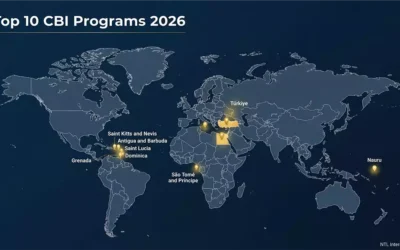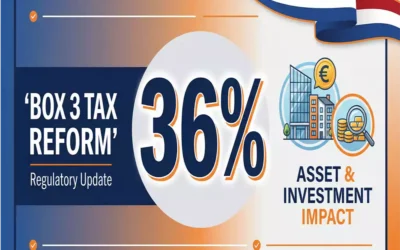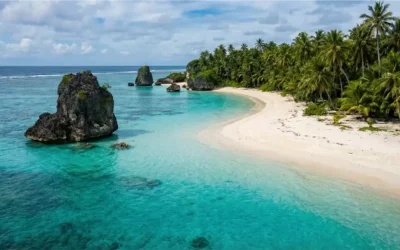
Passive Income Residency
Retirement Residency and Remote Work Entrepreneurs
In recent years, a new concept has emerged for investors and remote workers: passive income residency. This new category of visas, led by countries like Portugal, Spain, and others, is reshaping the immigration and investment landscape. Let’s explore this concept in detail and its potential benefits.
Definition of passive income residency:
Passive income residency, also known as non-profit residency or passive visa program, is a residency program designed to attract individuals whose primary income comes from abroad. Unlike traditional investment visas that require large capital investments (golden visas), this visa focuses on individuals who generate income passively, such as retirees and remote workers.
What is passive income according to NTL experts?
Passive income refers to profits generated from renting properties, investments, or other sources such as retirement pensions, and therefore does not require the individual to be present or actively participate in a specific location on a daily basis. This income is typically recurring and requires minimal ongoing effort after initial setup or investment.
What are the synonyms for this visa?
While “passive income residency” is the main term used to describe this residency option, it is referred to by other names depending on the country offering the program. In Portugal, for example, it is known as the non-profit residency program D7. In Spain, there is a similar program under a different name, retirement residency.
Some countries offering passive income residency:
– Portugal: Non-profit residency, D7
– Greece: Financially independent individual visa
– United Arab Emirates: Retiree residency
– Malta: Retirement program in Malta
– Spain: Retirement residency
What are the qualified income sources for passive income residency?
A variety of income types qualify, including:
Retirement: Individuals receiving retirement pensions from their home country or other areas qualify for retirement residency.
Investment returns: Passive income generated from investments, such as cash dividends, interest, and capital gains such as rental income from properties or lands, and others.
Remote work: With the rise of remote work, income earned from remote work or freelancing conducted from abroad qualifies for non-profit residency.
Rights and intellectual property: Income derived from rights, such as royalties, licensing agreements, and intellectual property rights, qualifies for the visa.
What are the obstacles to obtaining passive income residency?
The application process for residency may require documents proving a source of income, which may be challenging to prove in some countries, especially in Arab countries.
Difficulties in recognized financial transfers to the country offering the residency program.
Some countries may impose taxes on income.
Most countries offering these programs require residency as a condition, which is also a basic requirement for renewal.
What opportunities do non-profit residency programs offer?
These programs offer a unique opportunity for investors and entrepreneurs seeking residency in countries with favorable tax systems and a prestigious quality of life.
Can permanent residency or citizenship be obtained through non-profit residency?
Yes, individuals can obtain permanent residency and perhaps citizenship, providing them with more flexibility and security in expanding their investment ventures.
Passive income residency stands out as an advanced solution for individuals seeking to relocate and invest in foreign countries. By recognizing the value of passive income and its contribution to economic growth, countries offering this residency option attract a diverse range of talents. You can choose the visa program that suits you best by contacting us at NTL Citizenship and Residency Programs Experts for golden visa and residency by investment programs worldwide.
Top Citizenship by investment Programs in 2026
Top Citizenship by Investment Programs in 2026 | NTL International src="https://ntlinternational.com/wp-content/uploads/2026/02/ntl_top10_cbi__map.webp" alt="World map showing the top citizenship by investment programs ranked by application volume 2026, NTL...





